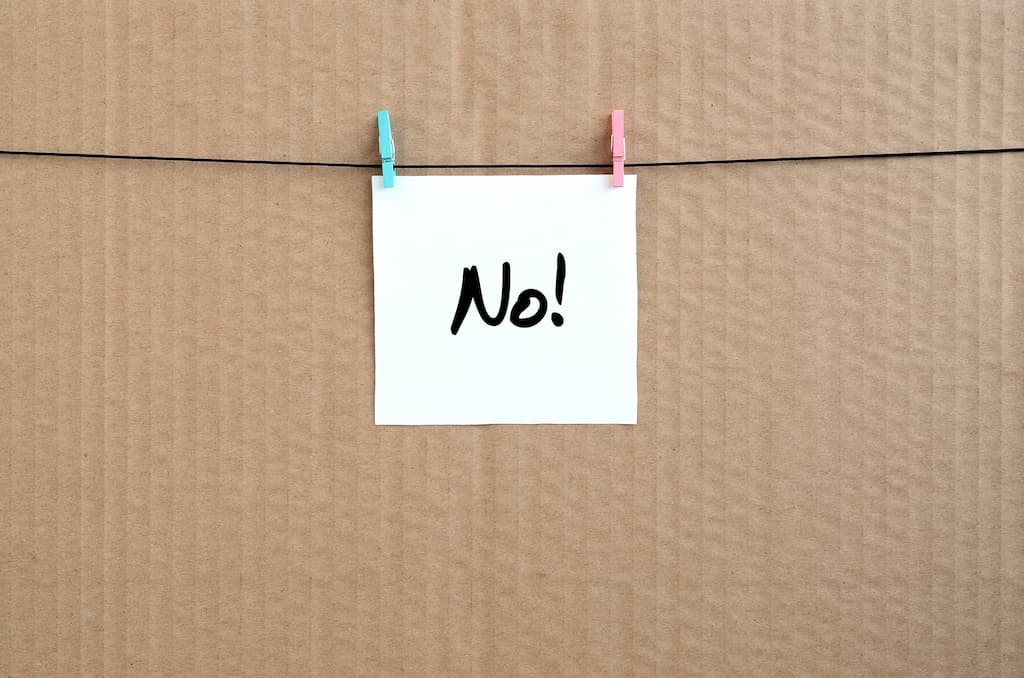Obtaining a patent means guaranteeing strong legal protection for an invention. But what happens if this protection is challenged? Who can challenge a patent, under what conditions, and before what bodies? Here's an accessible and educational overview of how to challenge a patent after it has been granted.
Understanding the granting of a patent
What exactly is a patent ?
A patent is an industrial property right that gives the holder a 20-year monopoly on the exploitation of an invention. The invention must be new, inventive and capable of industrial application.
In France, the INPI (Institut national de la propriété industrielle) is responsible for granting national patents. For European patents, the European Patent Office (EPO) intervenes via a centralized procedure. Since 2023, there has also been a European patent with unitary effect, providing uniform protection in 17 countries of the European Union.
Is it possible to challenge a patent that has already been granted ?
Yes, any granted patent can be challenged or declared invalid, under certain conditions, either before the EPO, a national court or the Unified Patent Jurisdiction (JUB).
Opposition before the EPO
Once a European patent has been granted, it can be contested by opposition before the EPO, within 9 months of publication. The purpose of opposition is to request total or partial revocation of the patent, particularly if the invention does not meet the patentability criteria.
This appeal is administrative and leads to an adversarial procedure. The opponent must put forward serious grounds (lack of novelty, lack of inventive step, insufficient description, etc.).
Please note: the EPO's decision does not have the force of res judicata before national courts or the JUB. A court may therefore assess the validity of the patent differently.
Patent invalidity before a judge
Outside this 9-month period, it is still possible to challenge a patent before the courts, invoking its invalidity. This action is frequently used as a defense in infringement proceedings.
In France: exclusive jurisdiction of the TJ of Paris
For French and European patents designating France, the competent court is the Tribunal judiciaire de Paris, the only court empowered to rule on the validity of a patent in France.
At European level: the Unified Patent Jurisdiction (UPLJ)
Since June 2023, the JUB has been responsible for litigation concerning European patents with unitary effect and classical European patents, unless the latter have been the subject of an opt-out (voluntary exclusion from the JUB for a transitional period of 7 years).
It can hear nullity actions, declarations of non-infringement, or even infringement actions with a defense on the validity of the patent.
What are the grounds for challenging a patent ?
Classic grounds for invalidity
A patent may be declared invalid if it does not meet one of the fundamental conditions of patentability :
- No novelty : the invention was already known.
- Lack of inventive step : the invention is clearly derived from the state of the art.
- Lack of industrial application : the invention cannot be put into practice.
- Insufficient description : the invention is not detailed enough to be reproduced by a professional in the field.
Exclusions from patentability
Certain objects are expressly excluded from patentability, such as :
- Therapeutic, surgical or diagnostic methods applied to the human or animal body,
- Scientific discoveries, mathematical methods or computer programs "as such",
- Plant varieties or animal breeds,
- Inventions contrary to public policy or morality (in particular certain uses of human embryos)
Why challenge a patent ?
Challenging a patent can be either offensive or defensive.
- Defensive : in response to an infringement action. The defendant seeks to knock down the patent to avoid being condemned.
- Offensive : when a market player considers that a patent hinders the legitimate exploitation of a technology or hinders competition.
Are there any other ways of contesting ?
Declaration of non-infringement
A company preparing to market an innovative product can, before being sued, ask a judge to declare that its actions are not infringing. This declaratory action is designed to provide legal certainty for a project without waiting for a writ of summons.
Relationship with competition law
In certain cases, the ownership or use of a patent can be analyzed from the point of view of competition law. This is particularly the case when :
- The patent is essential to a technical standard (essential standard),
- Or when it is abused to block a competitor's access to the market.
In such cases, actions for abuse of a dominant position or anti-competitive practices may be brought.
A patent is never completely safe
The granting of a patent does not mean that its validity is eternally acquired. Any patent can be contested administratively (opposition), judicially (invalidity) or strategically (non-infringement action).
For patent owners, it is essential to ensure that their patents are well drafted and meet substantive criteria. For competitors and innovators, these remedies are regulatory tools, guaranteeing a balance between protection of innovation and free competition.
